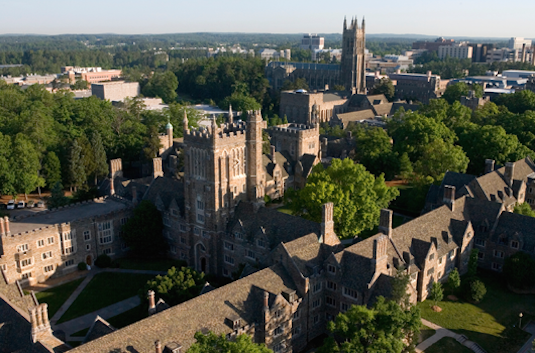PE/PI Workshop: Benjamin Broman (Duke)

Benjamin Broman (Duke) will present his paper," Counterproductive cooptation? Religion, institutional change and resistance in the Scottish Highland Clearances." This is a practice job talk.
Abstract
Rulers often coopt social institutions to encourage compliance and overcome resistance to their policies. Yet cooptation can backfire. By reducing the authority and trustworthiness of the coopted institution, cooptation can spark institutional change, creating rival sources of social authority that facilitate greater resistance in the long run. This paper examines the dynamic social and political effects of cooptation through the case of religion and resistance
in the 19th-century Scottish Highland Clearances, a period of economic change during which landowning elites evicted farming communities to establish sheep farms. Landowners used their control over appointments to the established Church of Scotland to encourage compliance with evictions, but formal control varied across localities. Using multiple novel data sources, I show that in regions where landowners controlled more Church appointments, more locals left the Church to join a breakaway denomination free from landowning influence, the Free Church. Communities with a higher Free Church population engaged in more legal contestation during the Clearances and were more likely to elect pro-reform
political candidates. Qualitative evidence suggests the Free Church facilitated contestation by developing civic skills and organizing civil society groups. Landowner cooptation of the Church may have delivered short-term compliance but appears to have unintentionally spurred institutional change that ultimately mobilized resistance.






